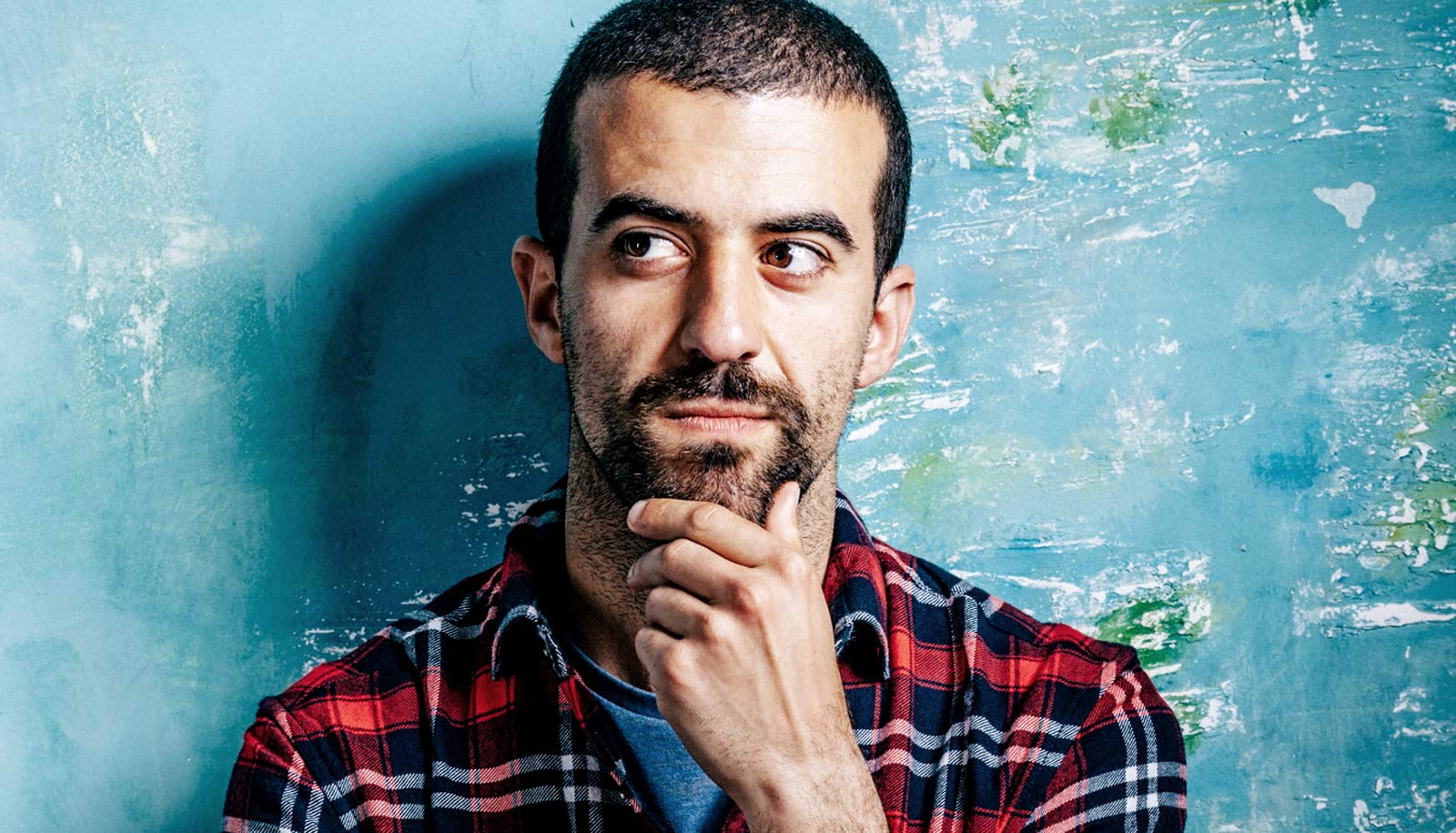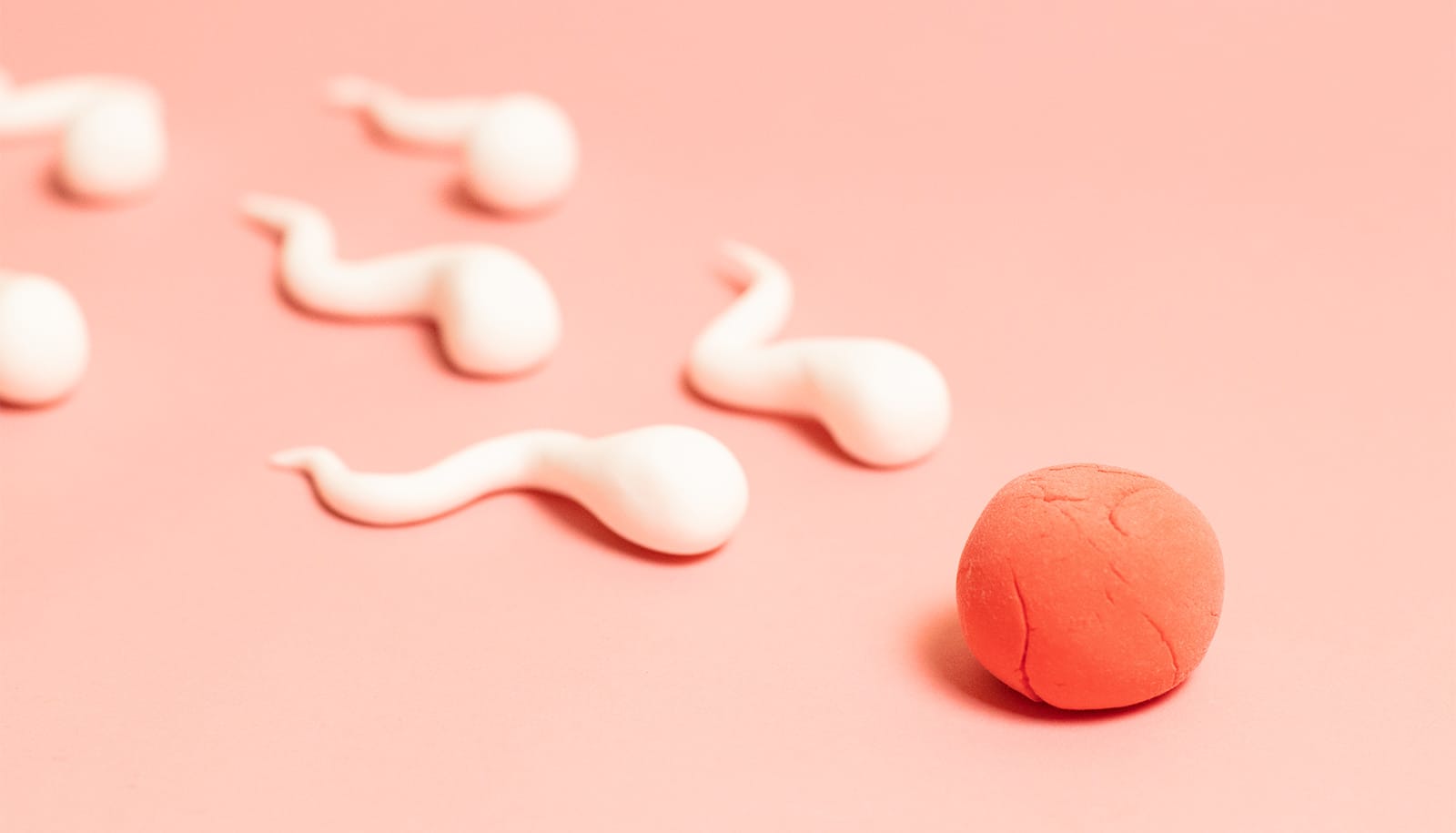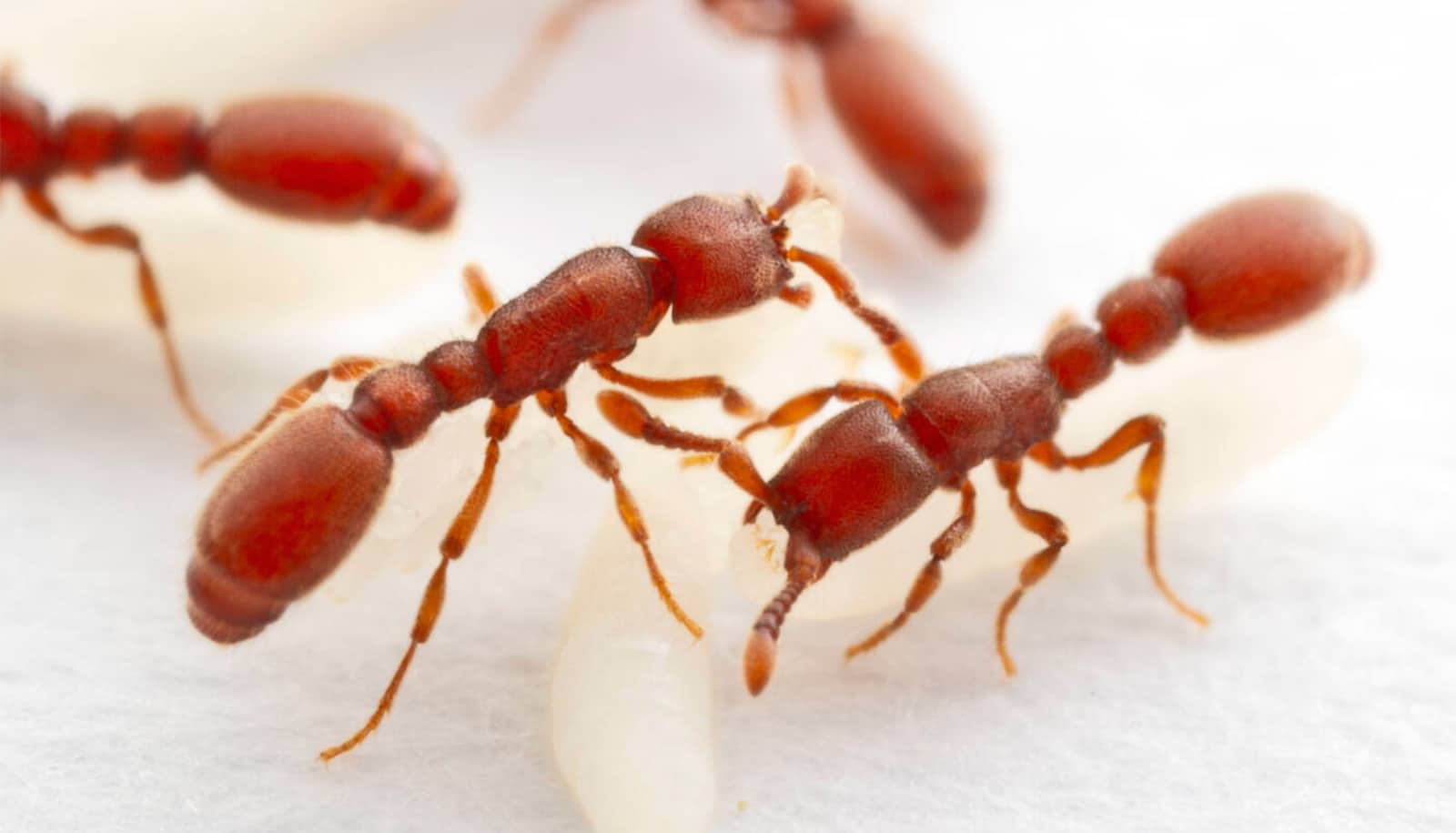For over a century, men who didn’t want to father a child had only one permanent option for contraception: vasectomy. But the findings of the new study suggest there could be an alternative that is as efficient and has the potential to be easily and successfully reversible.
The procedure involves the use of Vasalgel—a polymer-based hydrogel that is injected into the vas deferens, which is the tube the sperm swim through on their journey to impregnation. The gel sits in the tube and essentially blocks the vas deferens, acting as a mechanical barrier to the passage of sperm. When applied, the gel prevented male monkeys from having offspring throughout the mating season.
Human clinical trials for a similar product, named RIUSG (Reversible Inhibition of Sperm Under Guidance) that lines the vas deferens but does not obstruct it, are being performed in men in India, says Catherine Vandevoort of the University of California, Davis.
The surgical procedure to expose the vas deferens is the same as a standard vasectomy, but instead of ligating and sectioning the vas deferens, Vasalgel is injected into the vas deferens. The advantage of this technique is that unlike a conventional vasectomy, it is potentially reversible.
Sperm switch could lead to unisex birth control
The study involved 16 rhesus macaque monkeys, each sexually mature, and lasted about a year. They were injected with Vasalgel and paired with female monkeys for several months, in some cases over a year. Although the monkeys mated the polymer successfully prevented pregnancies.
The researchers did not attempt to reverse the procedure in the monkeys. However, based on studies in rabbits, the injected polymer can be dissolved by using a solution of sodium bicarbonate.
“The goal of our study was to find out if the procedure is safe, feasible, and to find out if it prevents pregnancy,” Lemoy says. “After that they have to prove that it’s reversible.”
The findings appear in the journal Basic and Clinical Andrology. With proof of efficacy now published in monkeys and rabbits, preparations are being made for the first clinical trial in humans later this year.
Source: UC Davis



